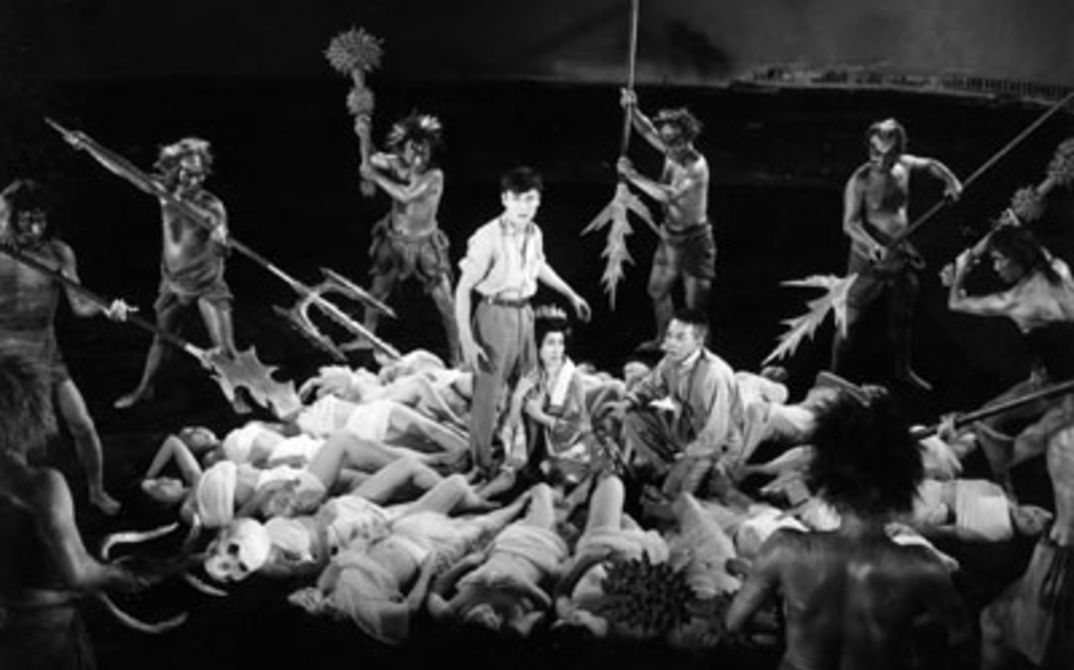College student Shiro is riding in a car with Tamura, a school friend, the evening of his engagement to Yukiko, the daughter of a college professor, Yajima, when they hit a man and flee the scene. Shiro attempts to go and surrender himself, but the taxi he is riding in with Yukiko crashes, and Yukiko is killed. He returns home to see his gravely ill mother; there he becomes attracted to Sachiko, a painter's daughter, who bears a resemblance to Yukiko. They are visited by the Yajima couple and Tamura when the elder care facility owned by Shiro's father holds its tenth anniversary party. All of the main characters fall into hell, undergoing anguish equivalent to their crimes. "Nakagawa's early classic of Japanese horror, a karmic morality piece drawing upon Buddhist ideas of retribution and the afterlife builds itself upon the doctrine that our earthly sins are to be atoned for after death. Produced at a time when on an international level the horror movie was undergoing a complete renaissance, this stunning evocation of the concept of the underworld is poles apart from the sort of films being put out by the genre's other main practitioners in the West at the time. Even by today's standards Jigoku is pretty graphic, the phantasmagoric imagery here on display is more akin to portrayals of the Final Judgement from the medieval Flemish artist Hieronymous Bosch by way of Benjamin Christensen's silent classic "Häxan" (1921)." Jasper Sharp
Production: Shintoho
World Sales: Kokusai Hoei
Screenplay: Nakagawa Nobuo, Miyagawa Ichiro
Cinematographer: Morita Mamoru
Art Designer: Kurosawa Haruyasu
Sound: Nakai Kihachiro
Composer: Watanabe Michiaki
Editor: Goto Toshio
Cast: Amachi Shigeru, Numata Yoichi, Nakamura Torahiko, Miyata Fumiko
Format, screen ratio: 35mm, 1:2.35, Color
Running time: 101 minutes, 24 frames/sec.
Language: Japanese
Foto: ©Kokusai Hoei
